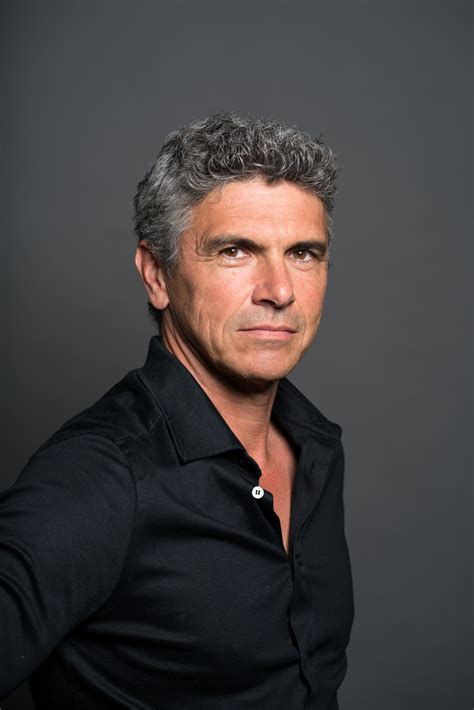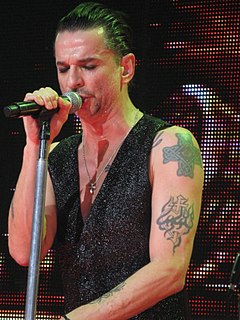A Quote by Kevin Sessums
I just so desperately wanted to be published in New Yorker, and I'd so desperately try to get something in it. But I'd always get nice letters back telling me that Mr. Shawn [William Shawn, the New Yorker's editor from 1952 to 1987] just didn't like this or didn't like that about what I submitted.
Related Quotes
I've - that I regret. That was stupid and ignorant on my part. I went to a party as a guest of a friend of mine, a lawyer. And he had a client who I didn't know, except - maybe I'm pretending I didn't know, but he was a big investor in The New Yorker. And as I found out later in a book about The New Yorker, this guy was very unhappy about [Bill] Shawn.He thought Shawn was spending out - spending too much money on writers.
I told [a big investor in The New Yorker] - I was complaining the way writers complain.I said`[Bill Shawn] pays very well, but a lot of my pieces don't get in,' and that was true of most of the writers there.But he pays you for them, that was very nice of him. This guy didn't think it was very nice. He figured, `Oh, my God, that's more of my investment gone,' and paying money to writers for not printing them. That became, apparently, one of his weapons against Shawn when he - in the corporate skirmishes that went on. It was a bad mistake on my part.
If [Bill Shawn] liked the piece, then he would run it. But he wanted the magazine to be something that was more than just a weekly event. And as a result you could pick up a New Yorker under him, as I mentioned before, a year from then or 10 years or 20 years and there would always be something worth reading in it.
Another example of what I have to put up with from him. But there was a time I was mad at all my straight friends when AIDS was at its worst. I particularly hated the New Yorker, where Calvin [Trillin] has published so much of his work. The New Yorker was the worst because they barely ever wrote about AIDS. I used to take out on Calvin my real hatred for the New Yorker.
Clay Felker was then - he had - to his credit, he had created New York Magazine, which was the first of the city magazines that covered the city and gave all kinds of advice and all that sort of stuff. And there were copies all over the country by the time he left. He had, however, a view of journalism that was very much, I must say, like Tina Brown's at The New Yorker. You hit 'em hard, fast, give 'em something to talk about the day after the paper comes out, as contrasted with William Shawn, who gave them something to talk about two or three years from then.
As nearly as possible in the spirit of Matthew Salinger, age one, urging a luncheon companion to accept a cool lima bean, I urge my editor, mentor and (heaven help him) closest friend, William Shawn, genius domus of The New Yorker, lover of the long shot, protector of the unprolific, defender of the hopelessly flamboyant, most unreasonably modest of born great artist-editors to accept this pretty skimpy-looking book.
'Royal Beatings' was my first story, and it was published in 1977. But I sent all my early stories to 'The New Yorker' in the 1950s, and then I stopped sending for a long time and sent only to magazines in Canada. 'The New Yorker' sent me nice notes, though - penciled, informal messages. They never signed them. They weren't terribly encouraging.
I think that anyone who likes writing views 'The New Yorker' as the, you know, pinnacle of the publishing world. If you get 50 words published in 'The New Yorker,' it's more important than 50 articles in other places. So, would I love to one day write for them? I guess. But that's not my sole ambition.



























